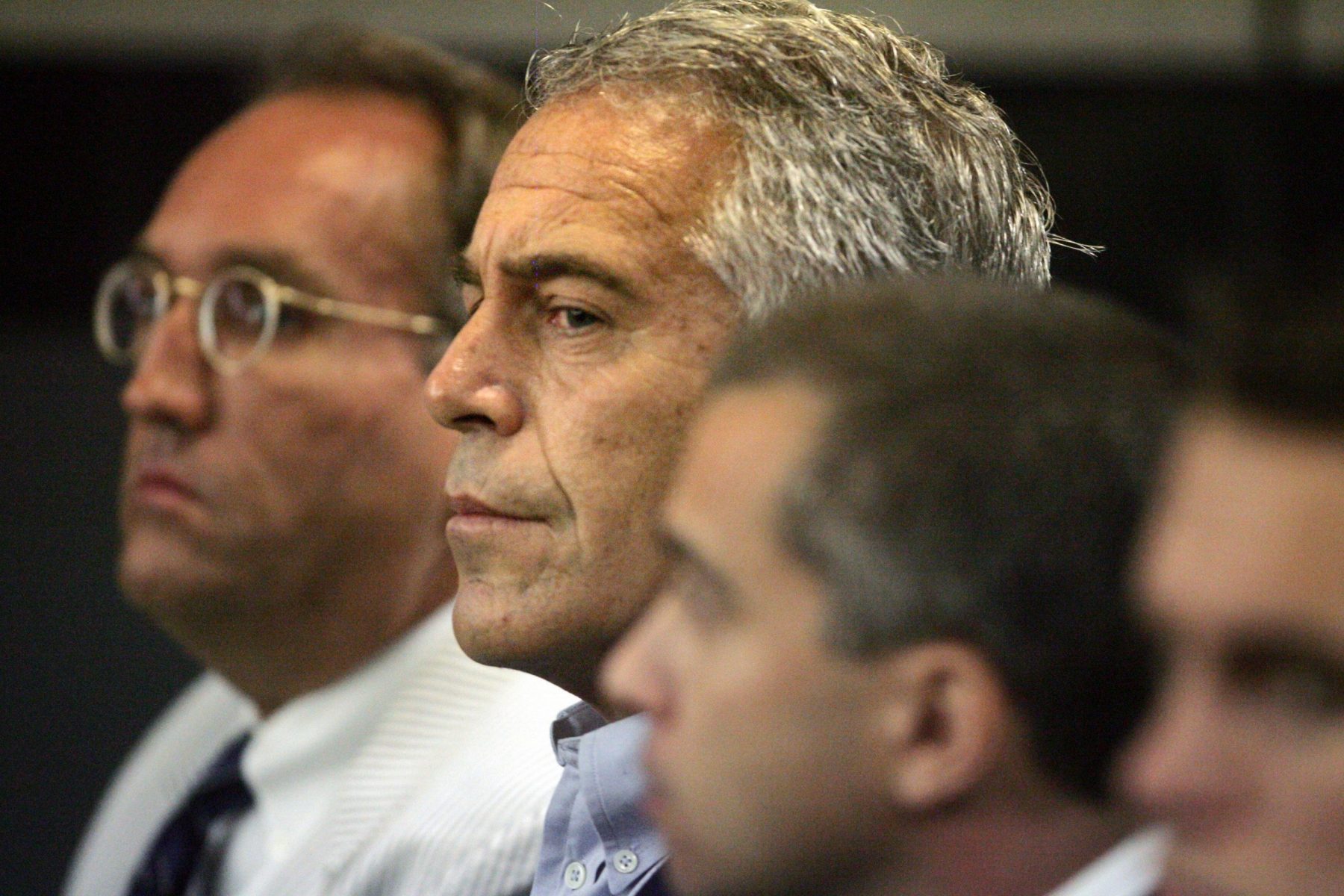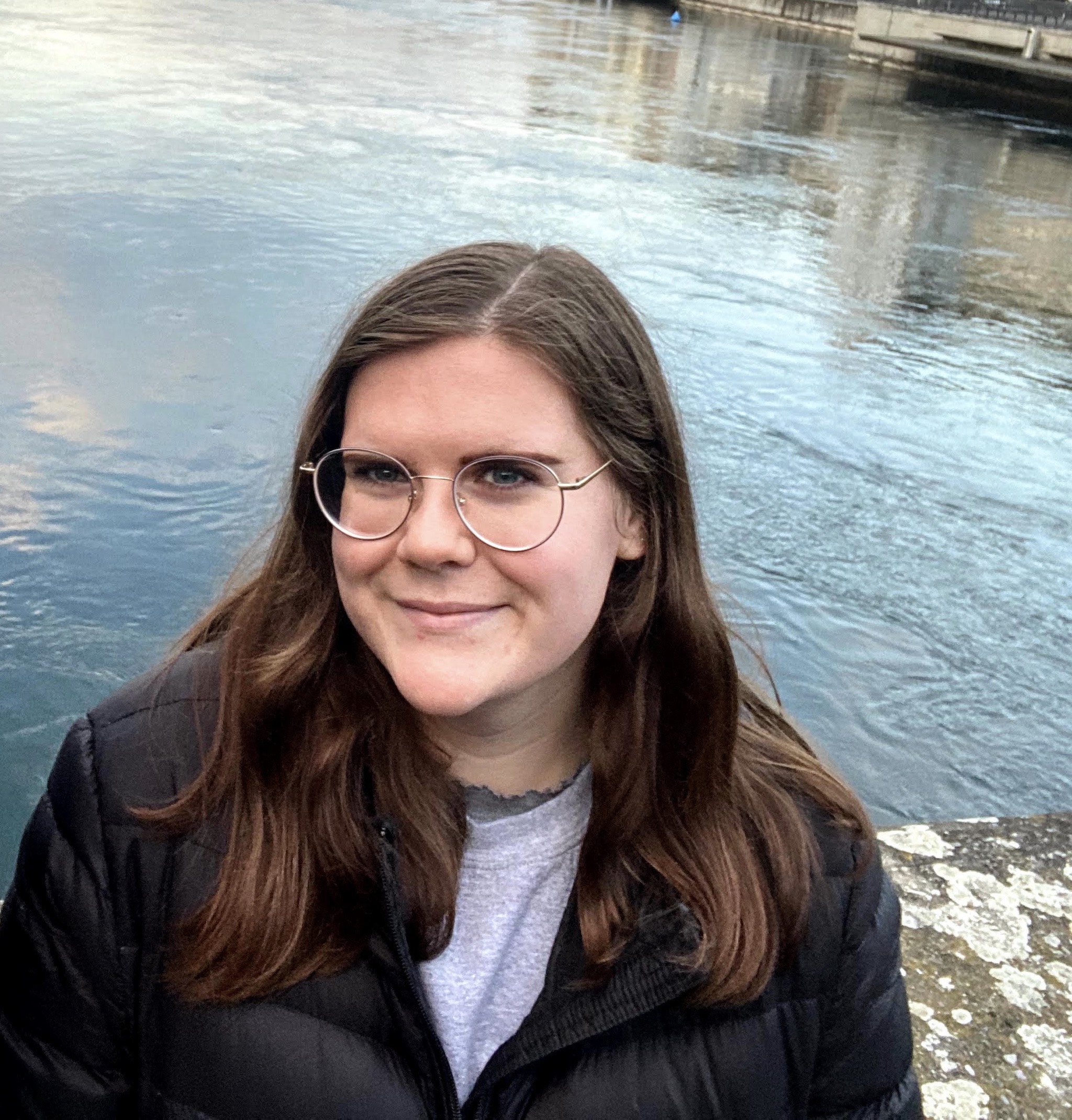Netflix’s recently released, true-crime docuseries, “Jeffrey Epstein: Filthy Rich,” focuses on billionaire Jeffrey Epstein and how he escaped prosecution for crimes involving the sexual abuse and trafficking of young girls and women for years before he was finally arrested in July 2019.
Epstein started out as a teacher after dropping out of college and later started working for the investment bank Bear Stearns. He was made a partner with the firm before he left and worked closely with Les Wexner, the founder of The Limited. Before Epstein’s criminal prosecution, which led to his suicide under suspicious circumstances, he was well-known for his connection to several famous figures, including Prince Andrew, former president Bill Clinton and President Donald Trump.
However, despite the title of the series and the intrigue surrounding Epstein’s life and death, “Jeffrey Epstein: Filthy Rich” is not really about him. In an interview with Entertainment Weekly, the documentary’s director, Lisa Bryant, said, “My goal was to untangle the convicted pedophile’s lies and manipulations, without losing sight of the women and young girls he preyed upon. … We wanted to let them drive the narrative.” Instead of sensationalizing Epstein’s life and making him the primary focus, the documentary values the stories of the survivors, Epstein’s many victims and accusers, and the failure of the U.S. justice system to protect them.
The majority of “Jeffrey Epstein: Filthy Rich” is composed of interviews with the police officers who investigated Epstein, the lawyers who represented some of his victims, the journalists who followed his case and, most significantly, the survivors themselves.
Maria Farmer. Annie Farmer. Michelle Licata. Shawna Rivera. Haley Robson. Virginia Roberts Giuffre. Alicia Arden. Chauntae Davies. Sarah Ransome. Courtney Wild. These are the names of the 10 women who came forward to accuse Epstein, and the women whose stories are the driving force behind the documentary.
The documentary first introduces Maria and Annie Farmer, two sisters who were among Epstein’s earliest known victims. Maria Farmer first met Epstein and his partner, Ghislaine Maxwell, at her art school graduation show in 1995. She moved into one of Epstein’s homes to work on her paintings and introduced him and Maxwell to her younger sister, Annie Farmer, with the promise that they would pay for Annie Farmer’s international trip to Thailand and Vietnam. The sisters were sexually abused by both Epstein and Maxwell, and Maria Farmer was bribed by Epstein in an attempt to silence her.
The stories of many of the other survivors are disturbingly similar. Licata, Rivera, Roberts Giuffre, Robson and Wild were all sexually abused by Epstein at his Palm Beach mansion under the guise of giving him a massage for $200. All of them were minors when they met him, and they recounted how they would be brought to a room in his mansion where he would ask them to remove their clothes and massage him while he pleasured himself. Many of his victims, including Robson and Wild, were asked to bring their friends back to his mansion and to recruit more young girls, helping Epstein create what the documentary dubs a “sexual pyramid scheme.”
Other survivors like Davies, Ransome and Roberts Giuffre were brought to Little St. James Island, Epstein’s private island that earned the nickname Pedophile Island, where they were raped and sexually abused by the billionaire.
The first glimpse of justice for some of Epstein’s victims came in 2005 when the Palm Beach Police Department began investigating allegations of sexual abuse against Epstein. The case was eventually taken over by the FBI, who at one point had 40 victims who were willing to testify against him. Then, as a complete surprise to the FBI agents, police officers and lawyers involved, the U.S. attorney Alexander Acosta dropped the case against Epstein. In 2008, Epstein made a plea deal with the U.S. Attorney’s Office that granted him and all possible co-conspirators immunity, and he was sentenced to 18 months in prison.
Epstein served 13 of his 18-month sentence in a private wing of the Palm Beach County Jail where he received preferential treatment and was granted a work release, allowing him to leave his prison cell for 12 hours a day, six days a week. After his short stay in prison, Epstein was free to return to his lavish lifestyle and habit of sexually abusing young girls for the next 10 years.
Eventually, in 2019, a judge ruled that the federal government had entered into a conspiracy with Epstein when they accepted the plea deal that granted him immunity and thus had violated the Crime Victims’ Rights Act. Shortly after the ruling, a new investigation began in New York, and Epstein was arrested and charged with conspiracy to commit sex trafficking and sex trafficking of underage girls in July 2019. A month later, Epstein was found dead in his jail cell in New York City.
Ultimately, “Jeffrey Epstein: Filthy Rich” is a documentary about the failures of the justice system and the survivors it neglected to protect. All the evidence presented against Epstein should have made it a clear-cut case back in 2007 when he was originally indicted, yet because of his wealth, influence and team of powerful lawyers, he remained free to continue abusing young women and girls for over 10 more years. Then, after finally being arrested, his suicide months before he was scheduled to go to trial was another slap in the face for his victims.
In the final episode of the series, referencing Epstein’s death, Rivera remarked, “There’s no justice in this. There was just so much more to be said that’s never going to be said.” Her statement seems to summarize the feelings of anger, frustration and sadness held by many of the survivors. They were never able to face him in trial, and his death allowed him to escape accountability for his crimes once again.
The documentary ends by focusing not on the abundant conspiracies surrounding Epstein’s death but on the survivors. It showcases Maria Farmer’s art collection, including her portraits of other survivors, meant to represent their stories and the stories of other women who have yet to come forward. Ransome emphasizes the strength she has after surviving Epstein’s abuse and says, “My fight for the rest of my life will be to make sure that no woman will ever feel ashamed to come forward.” Roberts Giuffre calls out Epstein’s co-conspirators in the last line of the documentary: “The monsters are still out there and they’re still abusing other people. Why they have not been named and shamed yet is beyond me.”
Although Giuffre, Ransome, Farmer and other survivors, both known and unknown, will never get the chance to face Epstein in trial or to see him sentenced for his crimes, “Jeffrey Epstein: Filthy Rich” gives them the opportunity to share their stories. The voices of survivors of sexual abuse are silenced far too often. This documentary takes a step toward remedying that by allowing the voices of Maria and Annie Farmer, Michelle Licata, Shawna Rivera, Haley Robson, Virginia Roberts Giuffre, Alicia Arden, Chauntae Davies, Sarah Ransome and Courtney Wild to be heard loud and clear — and to hopefully empower other survivors to come forward in the future.

















